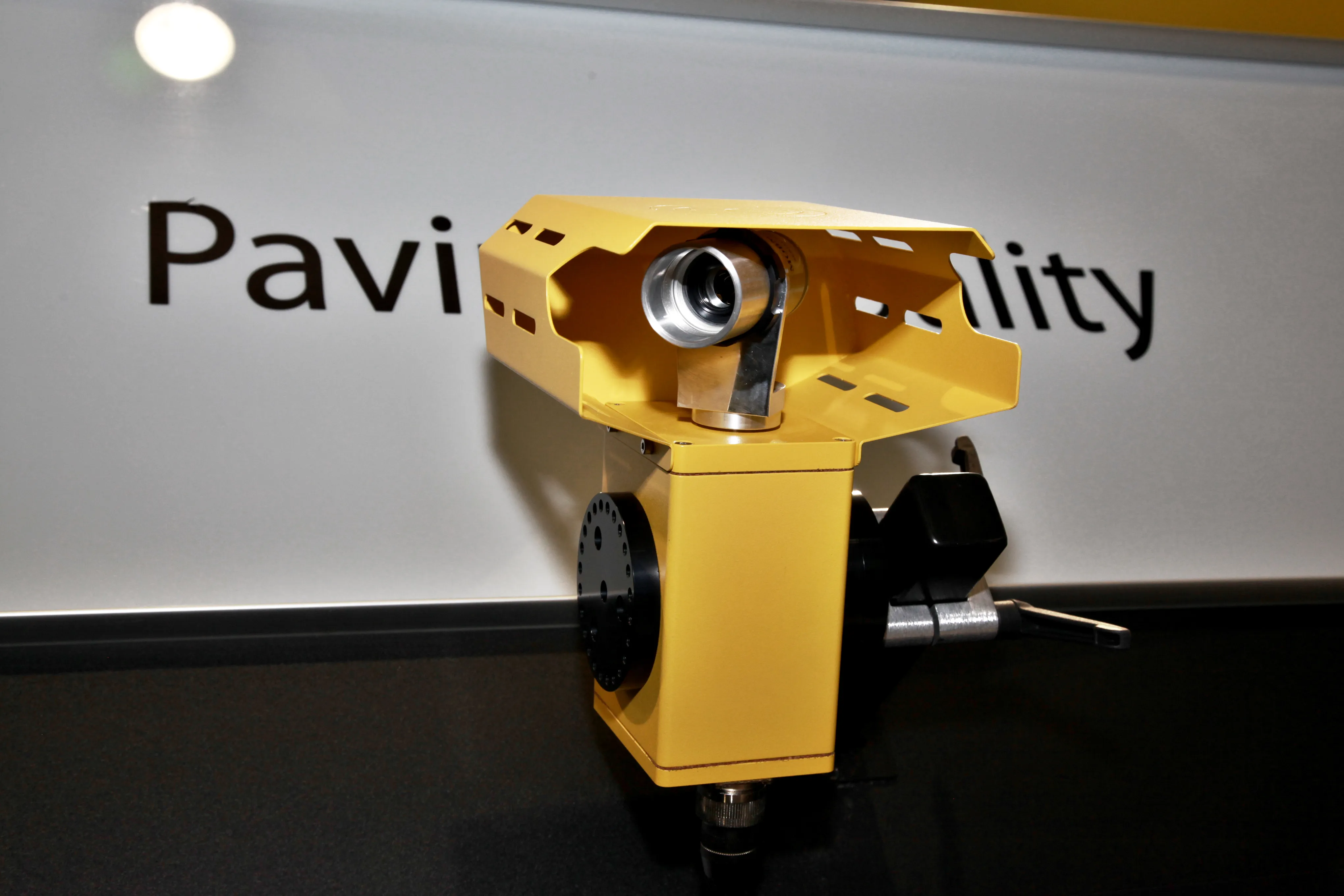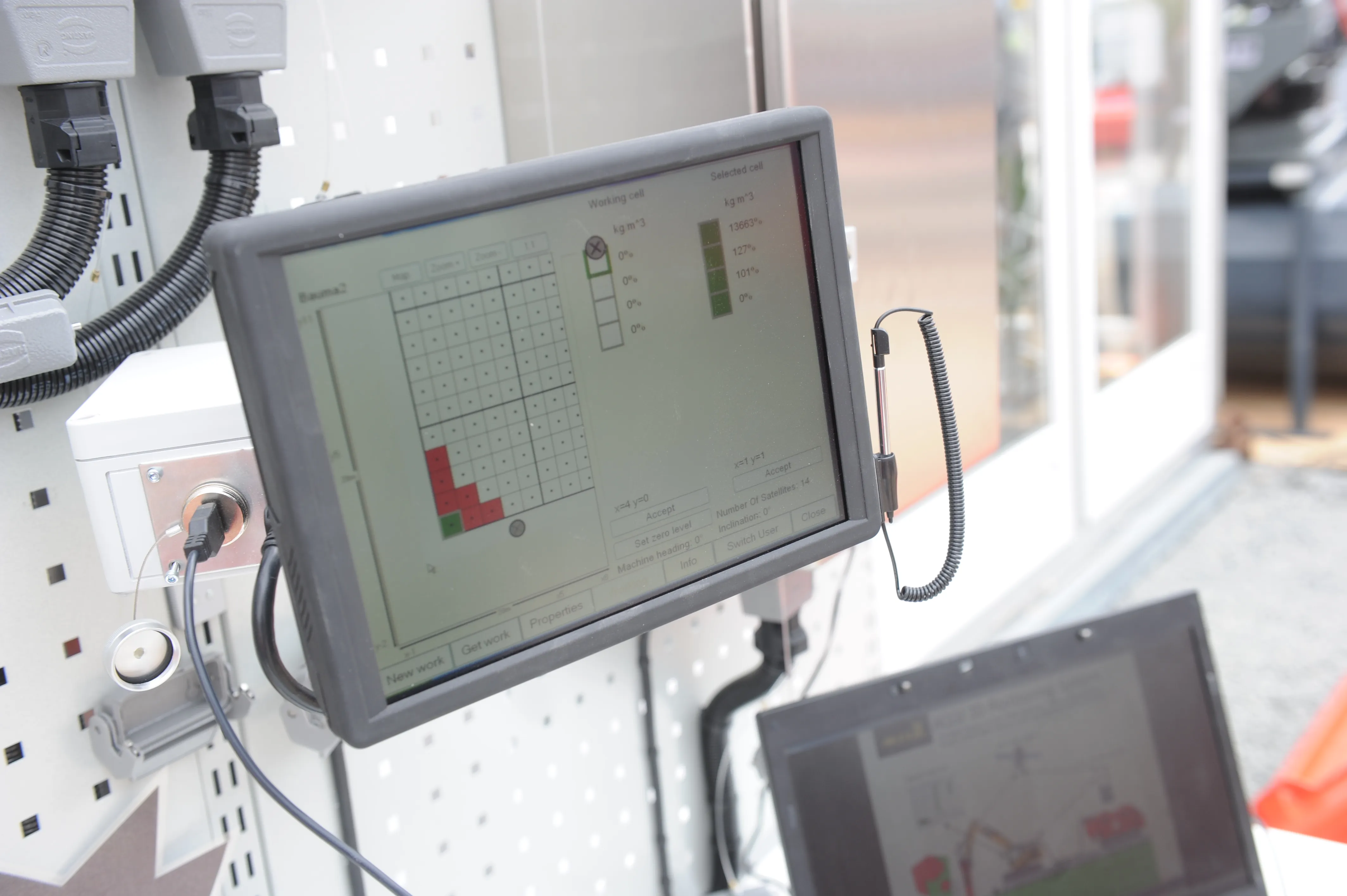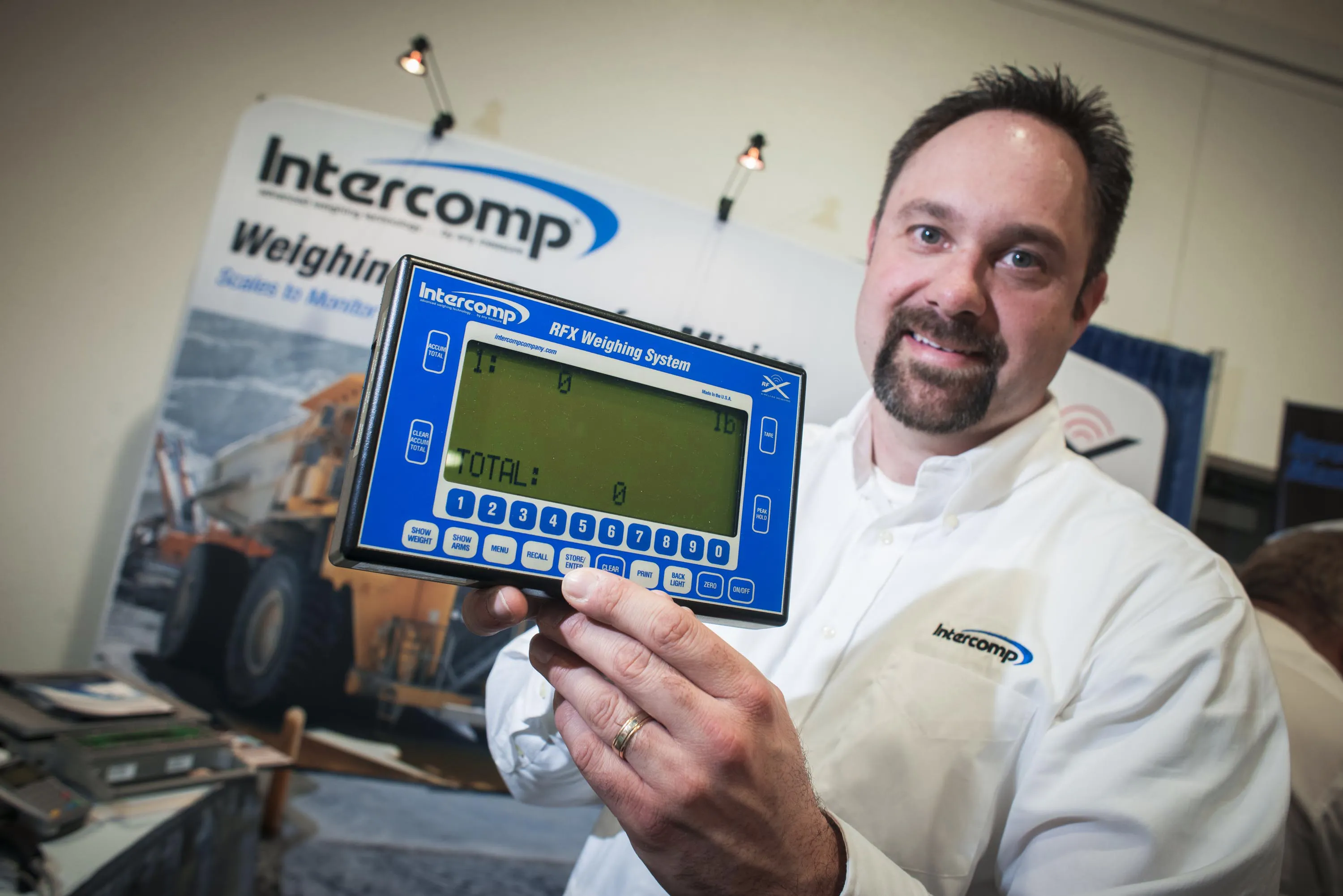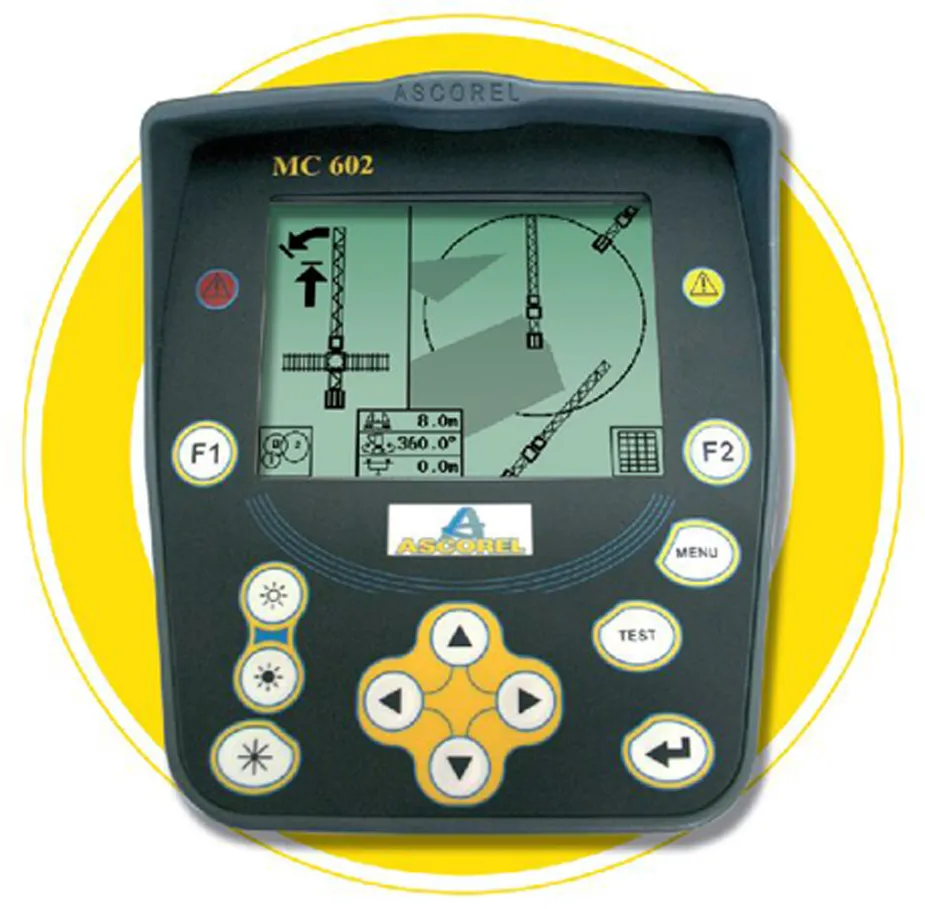MOBA has developed a new temperature scanner system called the PAVE-IR, designed to help operators avoid laying incorrectly heated asphalt.
From mixing plant to compaction, getting the temperature of asphalt right is critical. Cold asphalt can lead to road damage, which results in additional costs of up to 46% due shorter surface lifetimes.
The new MOBA PAVE-IR aims for an optimum asphalt material mix and the best possible process flow says the manufacturer.
March 6, 2014
Read time: 2 mins

From mixing plant to compaction, getting the temperature of asphalt right is critical. Cold asphalt can lead to road damage, which results in additional costs of up to 46% due shorter surface lifetimes.
The new MOBA PAVE-IR aims for an optimum asphalt material mix and the best possible process flow says the manufacturer.
The MOBA PAVE-IR uses a new high-speed temperature scanning system to monitor the temperature during asphalt paving and document it for the entire project. As a result, contractors can optimise their processes and verify the quality of the paving process.
The system uses an intelligent temperature scanner over the entire paving width of up to eight metres to measure the temperature of the asphalt. The measurement width can be set individually.
With up to 31 measurement points, the scanner achieves an accuracy of ± 2°C at typical asphalt temperatures with the temperature profile being displayed in real-time. As a result, the operator can react at any time if irregularities occur.
In addition, the profile is stored with the GPS position data and transferred to a USB stick. In conjunction with the PAVE Project ManagerTM software, the contractor can evaluate and document the data in the office.
Alternatively, the data can be sent via GSM to a server, where it can be called up at any time with a web application.
%$Linker:








